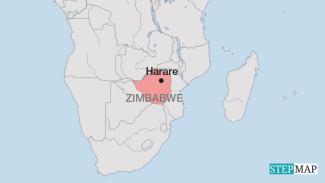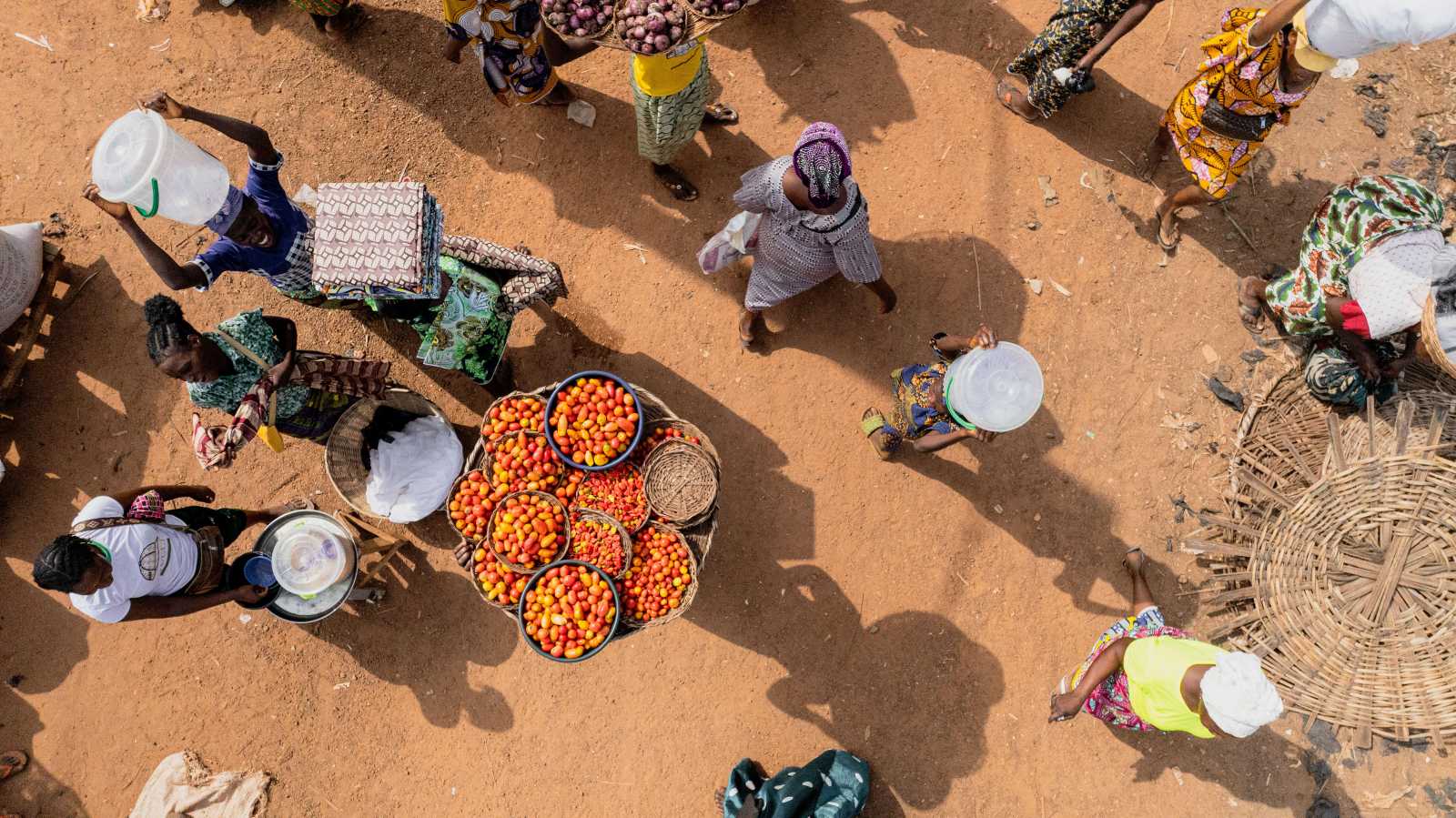Zimbabwe
No more work for informal garbage collectors

In 2022, the City of Harare announced that “a German investor, Geogenix BV, is set to invest € 304 million in a massive waste-to-energy project at Pomona dumpsite in Harare which is expected to generate up to 22MW of electricity.” The investor was meant to operate the project for a period of 30 years before transferring its ownership to the City of Harare.
40-year-old Manford Gopando, a resident of Mbare, the poorest slum in Harare, is angry about the deal. He has spent the past 10 years of his life searching for any sellable scrap material from Pomona, the largest dump site in Harare. Soon, he will not be allowed to earn a living this way. He says: “This is a deal from hell.”
However, in July 2022, the deal between the city and the foreign company was on the brink of collapse after Geogenix BV demanded that the city pays a $ 1.5 million owed for services rendered in May and June. The legislators in Harare refused to honour this demand because they found it bizarre that the investor was charging them over $ 22,000 a day to dump rubbish at the city’s own dumping ground in Pomona.
“The deal smells scandal,” Maynard Bunhu, a member of a group called Harare Residents City Liaison Movement, says. The group lobbied councillors to oppose the deal. “Picture it this way: it’s like the City of Berlin is forced to pay $ 22,000 daily to a Chinese firm so that the City of Berlin can dump its own trash at a public dumpsite in Berlin!”
It has since emerged that Geogenix BV could be a sham as other sources claim it is a Netherlands based company. Critics have called the arrangement mindboggling and bizarre. The European firm is represented in Zimbabwe by Delish Nguwaya, a controversial businessperson with alleged ties to Zimbabwe’s first family. Nguwaya was arrested at the height of the Covid-19 pandemic in 2020 over accusations that he benefited fraudulently in a deal to bring medical gear to Zimbabwe’s public hospitals.
The mayor of Harare, Jacob Mafume, has publicly opposed the deal and refused to pay the fees allegedly owed. Geogenix BV and the national government, however, continue to pressure the city to pay.
Garbage collectors like Manford Gopando and Sinekile Jani are furious. “The dumpsite has been fenced; we have been thrown into hunger overnight. I used to collect 40 kilogramme of beer cans daily and earn eight dollars, now I’m lucky to make $ 2.50,” Jani, a mother of four who is diabetic and the sole breadwinner in her home, says.
“We risk getting arrested by guards if we are seen to be sneaking into the dumpsite and pick trash because Geoginix BV, the white people firm, now owns our city’s trash,” Gopando laments while tying up loose Coca Cola bottles that he scrapped on the edge of the Pomona dumpsite where the fence is weak.
Progress Mwareya is a freelance journalist based in east Zimbabwe.
progressmwareya2@gmail.com













